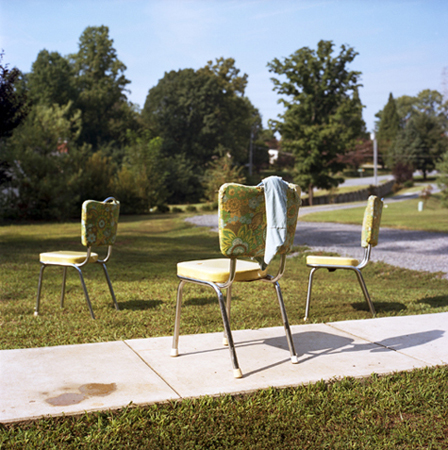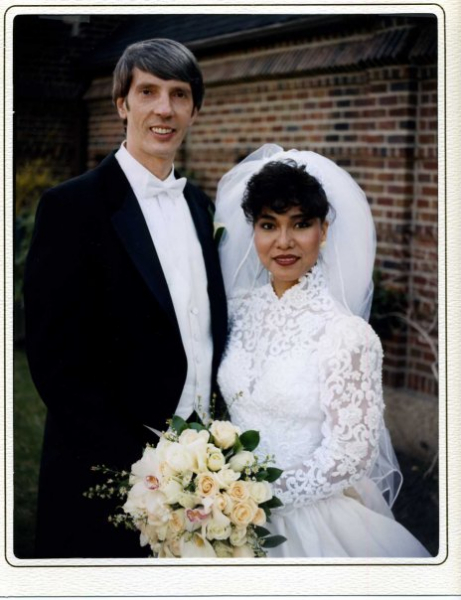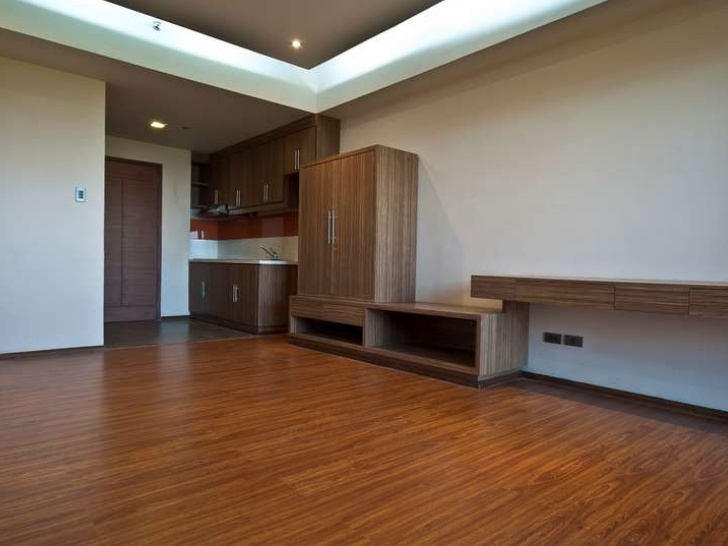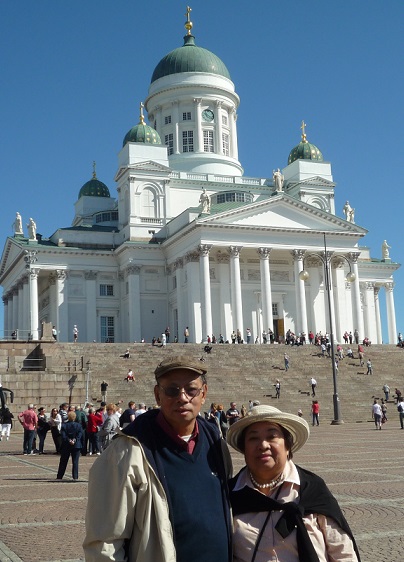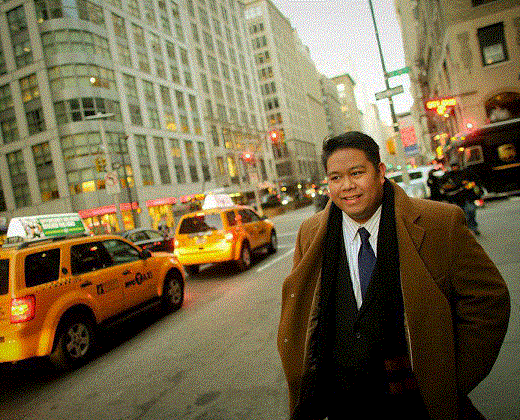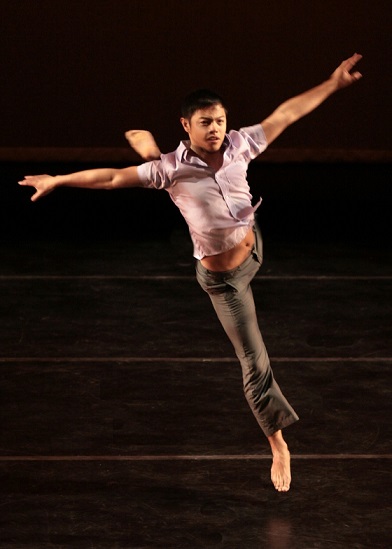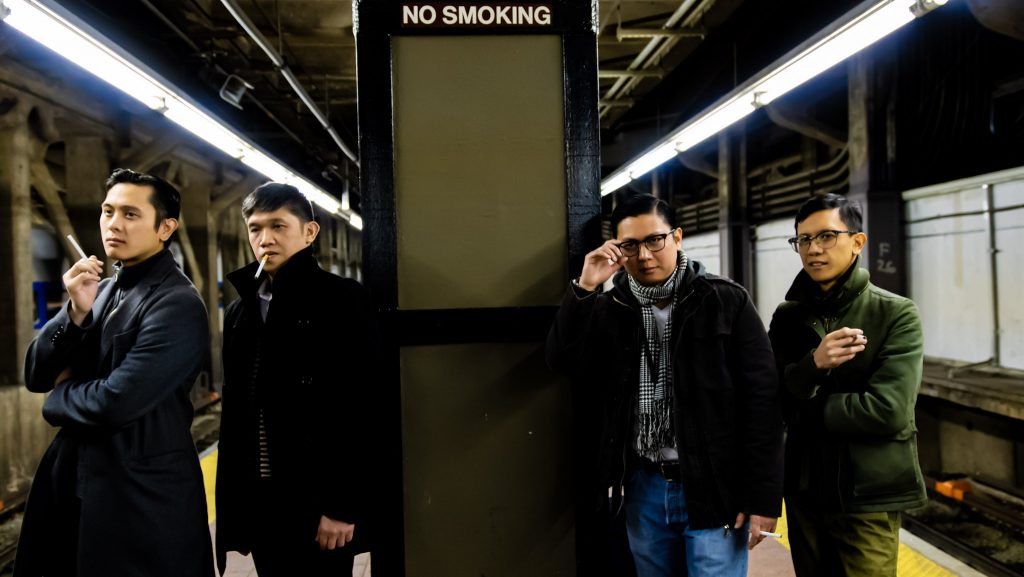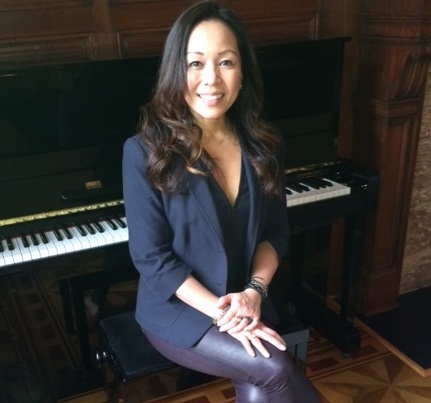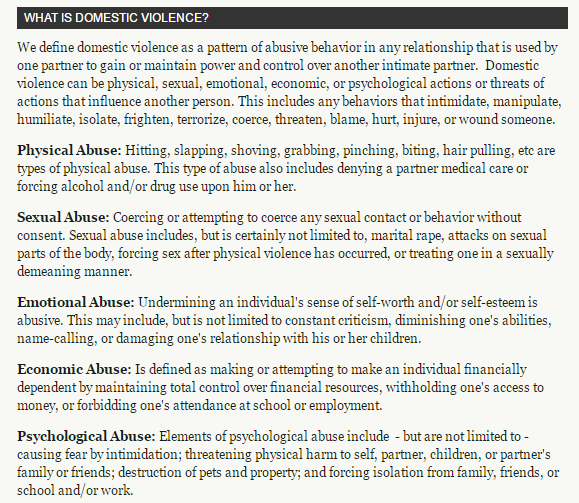Karen Elizaga of Womankind: Showing survivors of domestic violence to be ‘kind to themselves, to one another’
By Cristina DC Pastor
For women in NYC struggling with domestic abuse, the path to survival may not always lie in the hands of a friend or a family member. Sometimes, a community center run by people unknown to them can offer momentary protection and a comforting kind of solace.
Womankind, formerly known as the New York Asian Women’s Center (NYAWC), aims to be that on-the-spot refuge from an abusive relationship. It has community offices in Brooklyn, Manhattan and Queens for those whose lives are at risk, and two NYS-licensed shelters in confidential locations. They offer food, counseling, even babysitting for those with children. Non-Western services, such as acupuncture, yoga and acu-beading, are available, geared toward building a community of thriving survivors.
“We’re not just about getting people out of danger but also to help them heal from trauma and to thrive in their life,” said Karen Elizaga, executive coach, book author (“Find Your Sweet Spot”), and chair of the board of Womankind, in an interview with The FilAm.
For Filipino women, they can expect counselors who speak their language. While many Filipino women speak English anyway, Karen said a Tagalog-speaking counselor who sounds very familiar can be a source of comfort. If a woman is undocumented, legal services are available. “Especially in the domestic violence world, there is definitely illegal immigration that prevents her from seeking help, we definitely provide guidance there,” she said.
A woman can expect to stay in a Womankind shelter for up to six months. In its 35 years, the organization founded by graduate students who began helping women in distress by housing them in grad school rooms, has assisted several thousands of families.
“In 2016 alone, we fielded 8,000 calls,” said Karen. “We served about a thousand families. So (multiply that) over 35 years. I’m not necessarily counting the people who walk in through our community centers.”
As the focus continues to be Asian women, the organization boasts a “cultural capability” that understands ‘shame’ and the role it plays in the victimization of vulnerable women.
“In the Asian community there’s this issue of shame,” she said. “It takes a little bit more effort for our counselors to take information in order to be able to service our clients. How do you overcome that shame to be able to talk? Our staff has this deep understanding of shame.”
Womankind has counselors speaking at least 19 (mostly Asian) languages, including Spanish.
Change of name
As a Filipina American, born in Baltimore and raised in Honolulu, Karen is not happy that Filipinas are among the foreign nationals who are most vulnerable to human trafficking, a condition that often perpetuates domestic abuse.
“It’s distressing,” cried Karen, a corporate lawyer before she became an advocate for women.
Karen, the oldest and only girl in a family of three children, grew up in Honolulu where her Filipino parents — her father is a doctor, her mother a dietitian — came to escape the harsh weather of the East Coast.
“I was 2 when we moved there,” she said. “It’s a slower pace life very far removed from the politics of Washington and the craziness of New York. You have almost everything that you want.”
She attended Punahou School, where Barack Obama graduated in 1979. Karen, who belongs to Class ’88, raves about her “fantastic high school.”
At age 17, she went to the University of California-Irvine for a year, then moved to New York to study at Barnard College at Columbia University. She went to law school at the American University in Washington D.C., and practiced as a corporate attorney in New York. She moved to London, where she lived for five years working for two tech start-ups. Karen and Jay Ptashek, also a lawyer, have two children Sloane, 13, and Finn, 10.
“Pretty much since 18 I’ve been here,” she said. “I always say I grew up as an adult in New York.”
Moving back to NYC from London, a college friend asked if she could co-chair the 25th anniversary gala of the New York Asian Women’s Center with him. She said yes, not knowing much about the organization, nor what it means to mount a charity gala. Following the successful fundraiser, she was joined the board and was named chair in 2013. It’s been 10 years since. Karen has learned a lot more about the organization, the issues, and continues to become more “deeply committed.”
“We have a very active board. We work very closely, hand in hand with our staff. We know what the issues are, what the challenges are. It’s what keeps us engaged. When we know the stories it makes our job more meaningful,” she said.
After a 1.5 year long rebranding process, the New York Asian Women’s Center changed its name to Womankind and launched on the day of the Women’s March in January 2017.
“In a way we sort of outgrew the name,” she said. “At NYAWC, we served more than just New York, we served more than just Asians, we served more than just women.”
Most importantly, added Karen, is this culture of kindness. “We want women to be kind to themselves, kind to one another, and create community.”

